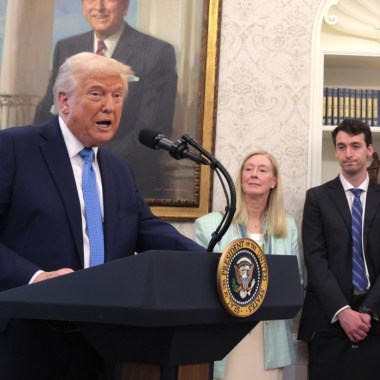Vietnam Mobile Payment Welcomes Cashless Age
Say goodbye to cash and hello to the future of payments in Vietnam. As the country embraces the digital revolution, mobile payment solutions are taking center stage, ushering in a new era of convenience and security. From street food vendors to high-end retailers, businesses big and small are jumping on the cashless bandwagon, providing customers with faster and safer ways to pay. In this article, we will explore the mobile payment landscape in Vietnam, its benefits, and how it is transforming the way transactions are conducted.
The Rise of Mobile Payments in Vietnam
In recent years, Vietnam has experienced a significant shift towards cashless transactions. With the launch of popular mobile payment platforms such as MoMo, Moca, and ZaloPay, consumers now have convenient options to make payments with just a few taps on their smartphones. These platforms have gained rapid adoption due to their user-friendly interfaces and seamless integration with popular e-commerce platforms and banking services.
Benefits of Mobile Payments
1. Convenience: Mobile payments eliminate the need for carrying physical cash, allowing consumers to make payments anytime, anywhere, and to anyone. Whether it’s paying for groceries, settling bills, or splitting expenses with friends, mobile payments make the process quick and hassle-free.
2. Security: Mobile payments offer enhanced security measures compared to cash transactions. With built-in features like biometric authentication, tokenization, and encryption, users can rest assured that their financial information is protected. Additionally, transactions can be tracked and monitored in real-time, reducing the risk of fraud.
3. Loyalty Programs and Discounts: Mobile payment platforms often offer attractive loyalty programs and discounts to encourage usage. Users can earn points for each transaction and redeem them for rewards, discounts, or cashback. This incentivizes customers to use mobile payments regularly, leading to a win-win situation for both businesses and consumers.
4. Financial Inclusion: Mobile payments have the potential to bridge the gap between the unbanked and traditional banking services. In Vietnam, where a significant portion of the population remains unbanked, mobile payment platforms provide a gateway to financial inclusion. With just a smartphone and a mobile payment app, anyone can send and receive money, pay bills, and access a range of financial services.
Transforming Industries
Mobile payments have the power to disrupt various industries, revolutionizing the way business is done. Here are a few sectors that are experiencing a significant transformation:
1. Retail: Cashless payments are reshaping the retail landscape in Vietnam. From small businesses to major retailers, merchants are adopting mobile payment solutions to offer a convenient and seamless checkout experience. This not only speeds up the payment process but also enhances the overall customer experience.
2. Food and Beverage: The F&B industry has also embraced mobile payments to streamline transactions. From traditional food stalls to upscale restaurants, many establishments now accept payments through mobile wallets. This eliminates the need for customers to handle cash and facilitates quicker and more efficient transactions.
3. Transportation: Mobile payments are making commuting a breeze in Vietnam. With platforms like Grab and GoViet integrating mobile payment options, users can easily pay for rides, whether it’s a motorbike taxi or a car. This eliminates the need for carrying cash and provides a safer and more convenient payment method.
4. E-commerce: The growth of e-commerce in Vietnam has fueled the adoption of mobile payments. Customers can now make purchases online and pay through their preferred mobile payment platform, offering a seamless and secure checkout experience. This has led to a boom in online shopping and the emergence of new businesses in the digital space.
The Future of Mobile Payments in Vietnam
The future of mobile payments in Vietnam looks promising. As technology continues to advance, we can expect even more innovative solutions to emerge. Mobile payment platforms are likely to collaborate with other industries, such as healthcare, education, and government services, to provide a comprehensive and unified payment ecosystem.
With increasing smartphone penetration and the rise of the digital economy, more and more Vietnamese consumers are expected to embrace mobile payments as their preferred method. This will drive further adoption and encourage businesses to adopt cashless payment options, creating a virtuous cycle of growth in the cashless economy.





Leave a Reply